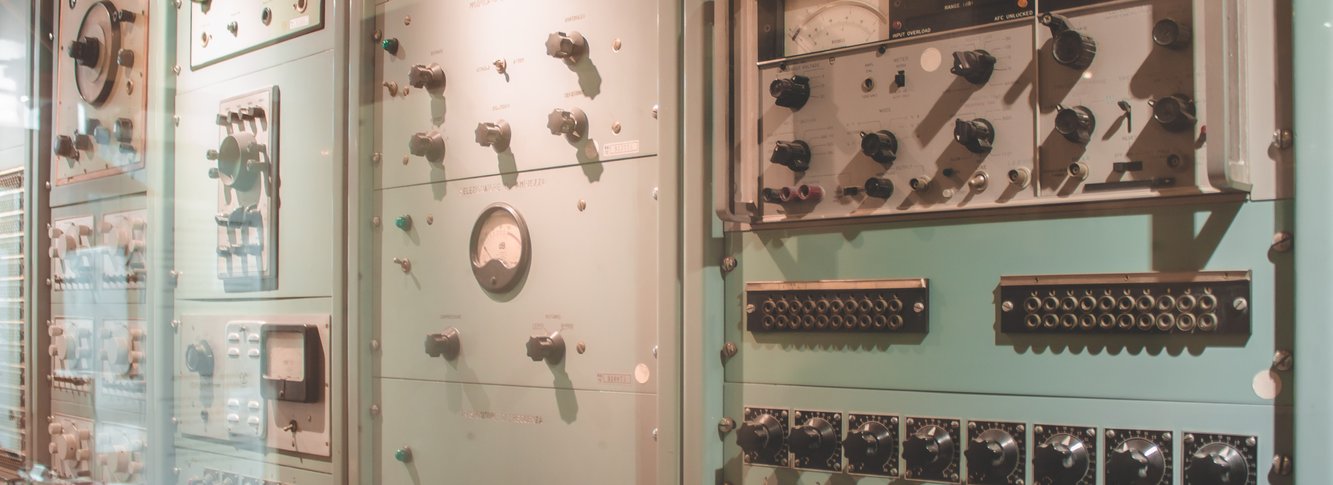| 7 mins read
In 1971, the ‘golden age’ of historical computing, Edward Shorter predicted that ’tomorrow's historian must be able to program a computer to survive’. Fifty-two years later, this has clearly not happened.
Historians have failed to grasp the profound opportunities of computational analysis. The term ‘Luddite’ often describes the attitude of historians in this area. I reject its pejorative implications; there is nothing wrong with being a Luddite (in 1811 or now). There is no divine mandate to embrace technological change for its own sake or any obligation for the historian to be optimistic about its ramifications for their work.
Nonetheless, for a field like British political history the potential is obvious. Hundreds of millions of words of parliamentary debates, papers and reports have been published digitally, alongside vast press archives. The historian's challenge of source scarcity has been replaced by one of abundance, but ‘big data’ analysis is yet to embed itself within the field of history.
British political history has a proud tradition of methodological innovation. What better place is there to begin a debate that has fundamental implications for the whole discipline?
Proving, not preaching
The provocative History Manifesto argues that methodological conservatism prevents historians from grasping the opportunity afforded by computational analysis and that addressing this might reverse the increasing marginalisation of history scholars in public debate. The reason for the (apparent) failure of the first wave of historical computing of the 1960s and 70s are complex, but stem from perceptions about high costs; dependence on technicians; arbitrary categorisation; dehumanisation of the past; and insensitivity to the ambiguity.
This is not just about technophobia. Historians all use computers for source search and accessing the digital archive. Our complaint is that the vast majority are unwilling to turn to computer analysis, despite its potential. They are often quantophobic, with a natural suspicion of pre-agreed categorisation and coding. Their interest in language tends towards close reading by eye rather than distant reading by machine. With their abundance of digitised sources, British political historians could be pioneers. Yet digital scholars had provided precious few examples of text mining delivering agenda-setting interventions in major historiographical debates. We were preaching, rather than proving.
My 2020 book, The War of Words: The Language of British Elections, 1880–1914, was written primarily for sceptics. Using computational methods, I demonstrated that the language of imperialism was intermittent, rather than constant, in election campaigns. I showed that the speaking patterns of women MPs had rhetorically converged with male MPs as their numbers in the Commons grew after 1997. I sought to provide examples, rather than another manifesto.
The flaw in my approach is that the greatest obstacle to the adoption of digital analytical methodologies in history is not Luddite scepticism, but apathy and ambivalence. In British political history, digitisation has populated the tree's lowest branches with juicy fruit, but data science continues to be labelled a ‘specialist’ preoccupation.
Historians and the digital humanities
There are downsides to analytical computing. It can present glorified statements of the obvious, focus on majorities of minorities and potentially diminish human stories. However, these concerns should be a stimulus to use digital methods more effectively. Failing to engage in these debates risks the arrival of a new generation of uncritical empirical scholarship that treats the past as just a crunchable data repository.
Digital humanists can sometimes be viewed as technicians, creating assets that enable traditional historians to practice their existing methodologies more conveniently. This reflects a more general retreat from methodological debate amongst political historians. Methodological contributions to scholarship are openly afforded a second-class status by journals and the job market. Whilst digital history is interesting enough to be worthy of its own dedicated masters programmes, it has not reached undergraduate curricula. Techniques like text mining, database design, or even basic inferential statistics could help students develop a better-rounded skillset.
Digital humanities and the historians
The digital humanities is sometimes seen as having erected a false dichotomy between progressive digital and reactionary non-digital historians. Its advocates contend that historians should evolve twenty-first century methodologies rather than spending ‘months or years alone in the dusty archive’, criticising traditional disciplines as ‘bastions of small thinking, clerical privilege, and intellectual policing’.
This approach has led to polarisation. Those working in digital humanities are often linguists, computer scientists, literary scholars or information studies professionals before they are historians. They formed separate departments and research networks which primarily support those who have already taken the ‘digital turn’. This offered much-needed support for interdisciplinary research but weakened their ability to reach out to historians who may perceive them as scholars who have accidentally stumbled into history.
We have also fuelled the perception that our methods are open only to specialists. John Unsworth, a pioneer of ‘humanities computing’, described those who merely dabbled as providing ‘a quick-and-dirty simulacrum of something that, done right, is expensive, time-consuming, and difficult.’
Yet often the opposite problem is true and scholars are afraid even to try their hand. The challenge is choosing the right research question and deploying computer analysis in persuasive historical argument. A focus on the supporting role of digital methodologies might convince more adventurous historians that they can dabble without having to take the full ‘digital plunge’.
Conclusion
Because of the amenability of its sources to quantitative analysis and its rich tradition of innovation, British political history could form a vanguard in computational analysis. It was built on substantial methodological debate about what allied disciplines could teach us, with a pragmatic appetite to embrace the new. The first wave of historical computing may have faltered, but it should not be condemned by apathy and ambivalence. To have this debate, we require the Luddites to come forward and reply.
Need help using Wiley? Click here for help using Wiley







